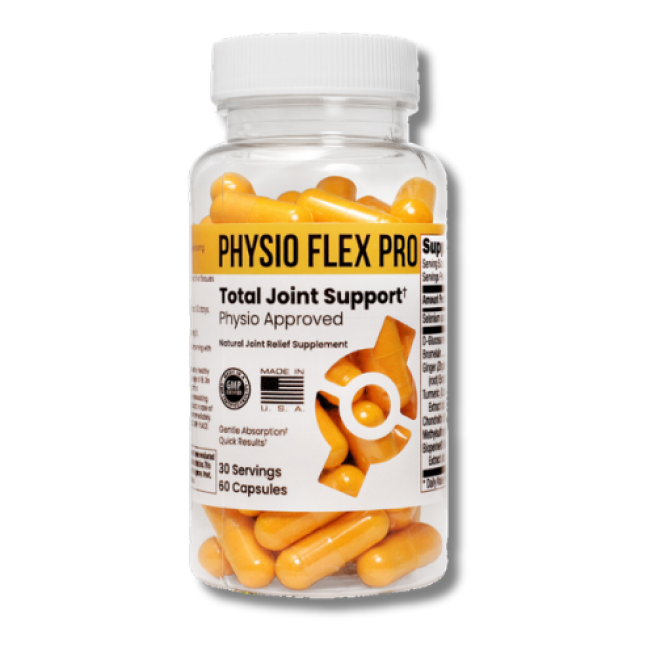Painful and stiff joints are a common complaint among aged people. The stiffness can get so bad that they cannot carry out daily chores. Particularly, stiff joints in the morning are big trouble for elders because it makes them dependent on others for basic hygiene tasks. While this is often written off as ‘aging related trouble’, it helps to understand why the joints stiffen and whether there are ways to address the problem.
Why do joints get stiff?
Stiff joints are a typical ‘sign’ of aging. If we list out what causes stiff joints, we will see some non- age related factors too that affect seniors:
- Injury resulting in bone/ cartilage damage
If you sustained a fracture or some other kind of damage to the joint, then stiffness is likely to continue there long after the external wound has healed, especially if you have not followed the advice of a physiotherapist to restore the mobility in that joint. Sports injuries that are left unattended often result in such long term stiffness.
- Obesity
Excess body weight puts extra pressure and strain on the weight bearing joints. Research shows that when we walk on even ground, the force that we exert on our knees is 1.5 times our body weight. Painful, stiff joints in knees may arise if your body weight is more than your knees can handle. Obesity can also prompt inflammation, which causes stiff joints in hands, in the wrist or fingers.
- Diet
Some foods trigger inflammation that results in stiff joints. Trans fat, refined carbs, monosodium glutamate – all may lead to inflammation and joint stiffness. A diet rich in plant foods, with essential vitamins and omega- 3 can help reduce stiffness and also promote joint health.
- Sedentary lifestyle
Post retirement, the elder may slip into a sedentary lifestyle where movement is very limited. The slowdown can reduce the lubrication that the joints get and the result is stiff joints. If you notice stiff joints in the morning, it is because you have been stationary all night and have not used the joints for many hours. Staying more active during the day is a simple way to avoid stiff joints in the morning.
- Arthritis
There are several kinds of arthritis that affects elders but the most common is osteoarthritis or OA that affects more than 32.5 million Americans. OA is characterized by the break- down of the soft cushioning tissue between bones. This tissue, called cartilage, ensures that when you use the joints, the bone ends do not scrape against each other. With the cartilage damaged or broken down, the bones come in contact with each other whenever you move and this causes stiffness, pain and inflammation. The risk of OA significantly increases with age.
People with a family history of OA are more likely to develop this disease. Also, if you have stiff joints in knees owing to OA, you are also more likely to develop stiff joints in hands. OA is what causes stiff joints in a significant proportion of the elderly population across the globe.
Also Read: Take Steps Towards Improved Joint Health and Flexibility
What can you do about OA?

- Exercise
Since damaged or deteriorating cartilage is typically what causes stiff joints, promoting cartilage and bone health should be your priority. Regular exercise helps in maintaining good bone health and also in building muscles so that your bones are supported ably when they have to bear your body weight. Simple exercises for balance, coordination, muscle building and posture can help with stiff joints. Even stretching gently in the morning when you wake up can reduce stiff joints in the morning.
- Supplements
When you know that your diet lacks the essential nutrients your joints and bones need, you can make up for it by taking the right supplements. If you are already suffering from stiff joints in knees and hands, then a combination supplement that can give you bone health as well as pain relief is ideal.
Physio Flex pro is the perfect solution in such cases with its effective combination of glucosamine and chondroitin that are known to reduce inflammation and pain. The supplement combines these two potent natural medicines with MSM or Methylsulfonylmethane, which is known for its cartilage repairing and protecting abilities.
Safe, pure, tried and tested, Physio Flex Pro has earned a formidable reputation as a stiff joints relief remedy and also for maintaining better joint health. With a 60 day money back guarantee and scores of happy users, it is little wonder that this product is recommended and used by physiotherapists.





